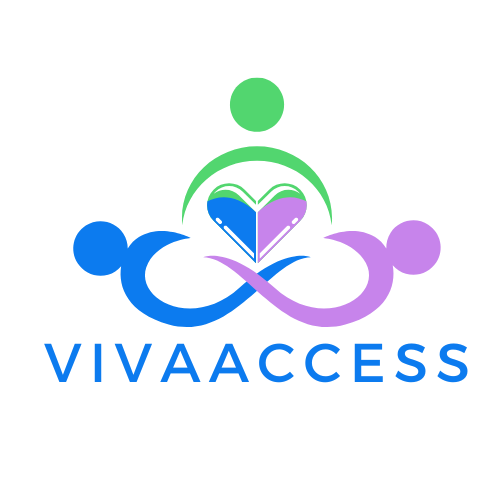Forum
Educational Support and Resources Available for Individuals with Sotos Syndrome
(@vivaaccess-net)
Posts: 101
Member Admin
Education plays a crucial role in the lives of individuals with Sotos Syndrome, as it can significantly impact their overall development, social integration, and future opportunities. This debate focuses on discussing the various educational support services and resources available to individuals with Sotos Syndrome and their families.
- Inclusive Education: Explore the effectiveness of inclusive education programs in catering to the needs of individuals with Sotos Syndrome. Discuss the benefits of inclusive classrooms in promoting social interaction, peer learning, and acceptance among students.
- Individualized Education Plans (IEPs): Discuss the importance of developing tailored IEPs for students with Sotos Syndrome to address their unique learning needs, strengths, and challenges. Share experiences and strategies for creating effective IEPs that support academic progress and skill development.
- Special Education Services: Evaluate the availability and quality of special education services, including speech therapy, occupational therapy, and behavioral support, for individuals with Sotos Syndrome. Discuss challenges in accessing these services and advocate for improved access and affordability.
- Transition Planning: Examine the role of transition planning in preparing individuals with Sotos Syndrome for post-secondary education, employment, and independent living. Share best practices for transition planning, including vocational training, job placement assistance, and community integration programs.
- Parental Advocacy: Highlight the importance of parental advocacy in securing appropriate educational support and accommodations for children with Sotos Syndrome. Discuss strategies for effective communication with school administrators, educators, and special education teams to ensure that the needs of students with Sotos Syndrome are met.
- Technology and Assistive Devices: Explore the use of technology and assistive devices, such as communication apps, adaptive learning software, and sensory tools, to enhance the educational experience and promote independence for individuals with Sotos Syndrome.
- Community Resources: Identify local and national organizations, support groups, and online communities that provide educational guidance, resources, and peer support for individuals with Sotos Syndrome and their families. Discuss the role of these resources in navigating educational systems and advocating for inclusive practices.
- Professional Development: Discuss the importance of ongoing professional development for educators and school staff to increase their awareness and understanding of Sotos Syndrome and its impact on learning. Advocate for training programs that promote inclusive teaching practices and cultural competence.
- Research and Innovation: Explore ongoing research initiatives and innovative approaches to supporting the educational needs of individuals with Sotos Syndrome. Discuss the potential benefits of collaborative research partnerships between academic institutions, healthcare providers, and advocacy organizations.
- Future Directions: Brainstorm ideas for improving educational support services and resources for individuals with Sotos Syndrome in the future. Discuss policy recommendations, funding priorities, and community-driven initiatives aimed at creating more inclusive and equitable educational opportunities for all.
By engaging in this debate, participants can share their experiences, insights, and recommendations for enhancing educational support and resources for individuals with Sotos Syndrome, ultimately promoting their academic success and overall well-being.
Posted : 18/05/2024 4:00 am







